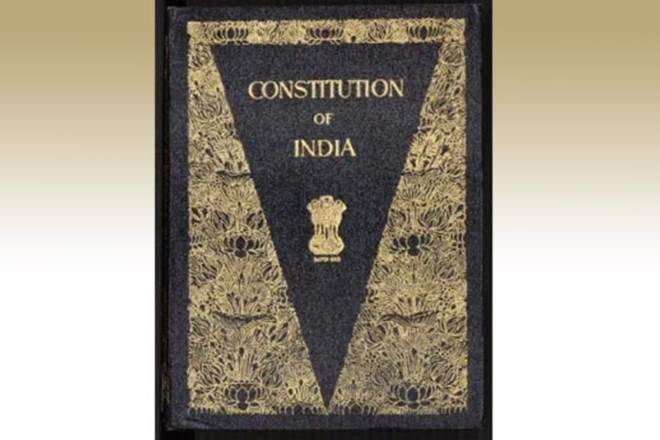No appeal lies under Section 260-A of the Income Tax Act against an order rejecting the application filed under Section 254(2) of the Income Tax Act. Therefore, in the absence of any statutory remedy against it, the writ petition is the only remedy, if any, available. This was held by the Hon’ble High Court of J&K, while relying on the Judgment in the case of Lachman Dass Bhatia vs. Assistant Commissioner of Income Tax & connected appeals (2011) 330 ITR 243 Del, through a learned bench of The Chief Justice and Justice Vinod Chatterji Koul in the case of M/s Kashmir Fabric Industries Vs Income Tax Appellate Tribunal & Anr [OWP No. 1127/2009].
The petitioner had preferred this petition under Article 226 of the Constitution of India so as to challenge the judgment and order of the Income Tax Appellate Tribunal dated 30.12.2008 in respect to the assessment year 2005-2006 and the subsequent order dated 24.04.2009 again passed by the Tribunal rejecting the application of the petitioner for rectifying the earlier order.
Brief facts of the case are that the assessing authority for the relevant year denied benefit under Section 80IB of the Income Tax Act as the petitioner could not produce evidence regarding consumption of electricity to establish actual production. The appeal against the said order was dismissed by the Commissioner of Income Tax and so was the further appeal by the tribunal by the impugned order. The petitioner filed application under Section 254(2) of the Income Tax Act for the rectification of the order of the tribunal on the ground that the tribunal has failed to consider the certificate of payment of electricity dues for the year 2004- 2005 to establish the electricity consumption to prove production. The said application was also rejected as the tribunal opining that in the garb of rectification.
Mr Z. A. Shah, counsel for the petitioner, submitted that the orders of the tribunal stands vitiated for non-consideration of the certificate of payment of electricity dues for the year 2004-2005. On the other hand Mr Kawoosa, counsel for the respondent, submitted that the writ petition is not maintainable as the petitioner has an alternative remedy of filing a statutory appeal under Section 260-A of the Act.
The Hon’ble High Court after hearing both the parties and a perusal of the facts on the record observed that an appeal is provided to the High Court from every order passed in appeal by the appellate tribunal on the substantial question of law. One of the orders challenged in this writ petition was the order dated 30th December 2008 passed by the tribunal in an appeal preferred by the petitioner against the order of the Commissioner, Income Tax (Appeals), and, as such, is an order passed in appeal which is certainly appealable. In conclusion, it was stated that “No appeal lies under Section 260-A of the Act against an order rejecting the application filed under Section 254(2) of the Act. Therefore, in the absence of any statutory remedy against it, the writ petition is the only remedy, if any, available. Accordingly, the petitioner has rightly invoked the writ jurisdiction of the court so as to challenge the order dated 24th April 2009 passed by the tribunal.”
Click here to read the Judgment
Judgment reviewed by – Aryan Bajaj


